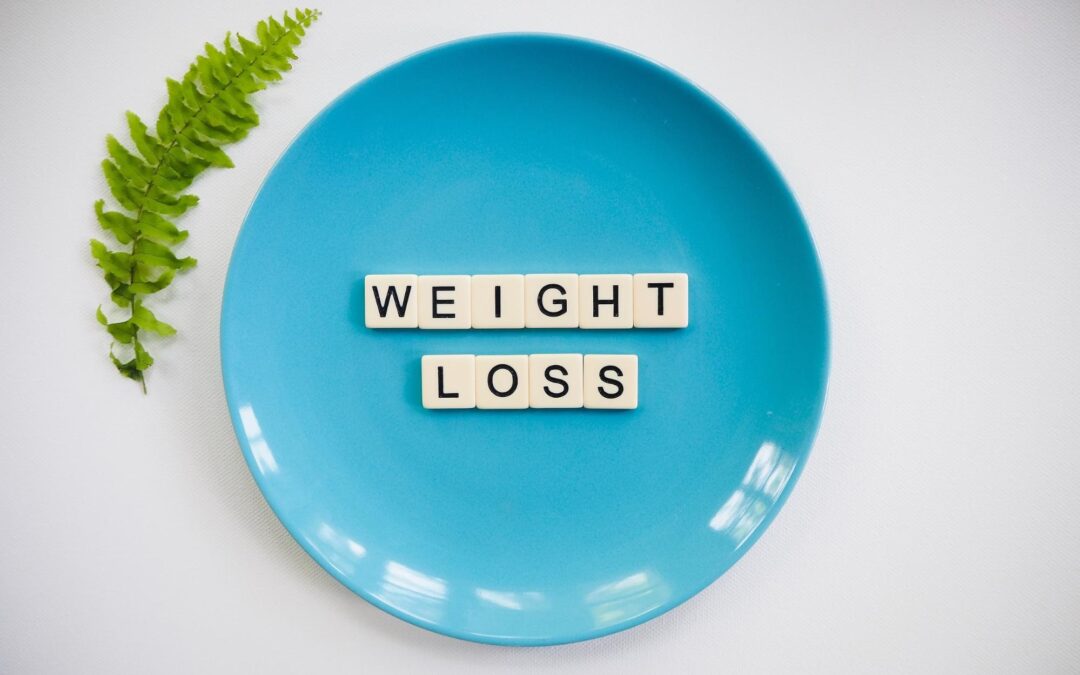In our teens and twenties, losing weight is as simple as letting go an extra scoop of ice cream, or including some occasional exercise in our routines. But unfortunately, hormonal changes can make it harder to lose weight after 40.
As we age, our body composition, metabolism, and hormones all change turning what used to be a good exercise plan and diet into a recipe for serious weight gain.
However, just because you are getting older doesn’t mean you have to surrender yourself to upgrade your wardrobe with the next size up each year. It’s completely normal to want to feel and look our best, regardless of age.
And the good news?
Weight loss for women after 40 is absolutely achievable, and it doesn’t have to be an intricate battle every step of the way. You just have to make some adjustments!
Why Is It Difficult To Lose Weight After 40?
Well…
There are various reasons why losing weight after menopause can be more complex than before. It’s prevalent to gain a few pounds during menopause. So common that the prevalence of obesity is around 42.8% in people between 40-59 years old.
However, gaining weight after 40 might be typical, but that doesn’t mean it’s healthy. Obesity can raise the risk of heart disease, high blood pressure, stroke, diabetes, gout, osteoarthritis, gallbladder disease, and several types of cancer, among other health problems.
Before we explain how to get in shape after 40, it’s necessary to understand why this weight gain happens.
So let’s dive into it!
Hormones
Undoubtedly, one of the main culprits for weight gain is our hormones, which start to change right around the mid-30s and 40s.
The change in hormones, less estrogen for women, cause the fat in our bodies to shift to the middle of the body while neglecting other areas you could care less about. That’s one main reason you may get fluffier around the middle while other parts of your body get smaller.
Slower Metabolism
There are a few things that happen to your metabolism after the age of 40:
- Firstly, your basal metabolic rate (BMR) decreases.
- And secondly, you spend less total energy (TEE) during exercise.
Some experts declared that metabolism could decrease by about 5% for every decade after 40, meaning that you need about 60-100 fewer calories every ten years.
If you eat more, exercise less, and deal with more stress throughout that decade, you will probably require even fewer calories than that. Add that to the fact that you burn fewer calories during exercise, and you have got yourself an equation for weight gain.
Loss Of Muscle
Similar to our metabolisms, we also start to lose muscle when we hit our 40s, enduring a constant decline each decade. As part of this, scientists believe that as we age, the motor units that make up our muscles decline and don’t always fire with the same regularity.
However, the important takeaway here is:
The most significant factor in losing muscle is the lack of physical activity, which makes exercise a crucial component in preventing muscle loss.
If you want to figure out the real deal, enter your information into a calculator to determine how many calories you require for your age and activity level.
Sleep Deprivation
People who experience sleep problems lose less fat and weight than those who sleep adequately. You are also less likely to exercise if you are always exhausted from not getting enough sleep.
Insomnia is also much more common as we get older. Age can cause a shift in our circadian rhythm, causing older adults to get sleepy earlier and wake up earlier in the morning.
So, Can You Lose Weight After 40?
Regardless of these previously mentioned barriers, it is still possible to lose weight after 40.
Getting in shape requires effort and consistency at any age, but especially for adults over 40. We would not suggest trying to lose weight after 40 quickly, because sustainable weight loss occurs more gradually and results from healthy lifestyle changes.
Here are a few tips to follow:
Build Muscles
It’s vital to build muscle if you want to lose weight after 40. Building your muscle mass can improve your metabolism and reduce your risk of developing injuries, making you feel more energised.
Resistance training with weights or bands can help you build more muscle. If you want to try weight training, we would recommend you to begin with lighter weights. After that, work your way up to heavier ones.
Cardiovascular exercise is also crucial. It can lead to better heart health and prevent many age-related diseases such as diabetes, stroke, and high blood pressure. Moreover, it can also improve your mood and brain function.
Change Your Diet
Rather than consuming low-calorie fad diets, the best way to lose weight is to adhere to a healthy diet as well as manage your portions.
In doing so, you have to include these foods in your diet:
- Vegetables
- Fish
- Lean protein
- Nuts and seeds
- Dairy
- Healthy fats
- Fruits (especially dark-skinned berries)
- Whole grains
Also, avoid added sugars, fried foods, high-sodium foods, excessive caffeine and alcohol, and trans fats.
Get Good Sleep
Getting insufficient sleep can also make it much more challenging to lose weight. Most importantly, it can affect your energy levels, appetite, and impulse control. So make sure to get seven to nine hours of sleep per night (according to National Sleep Foundation guidelines).
Drink MORE!
Proper hydration prevents bloating, fluid retention, and can significantly help in weight loss. It also has many other perks for your health, and it’s indispensable for you to feel good and energised.
As a general rule, women should drink around 11.5 cups (2.7 litres) of water a day. Carrying a water bottle with you and refilling it throughout the day is a great way to remember to stay hydrated.
Manage Stress
Just like sleep deprivation, excessive stress can lead to cortisol spikes. Cortisol increases insulin resistance and affects the way your body processes and stores fat.
Severe stress can also make it difficult for you to focus on exercising and healthy eating while disrupting your sleep. Some stress management techniques include:
- Mindfulness
- Meditation
- Exercise
- Getting comfort from loved ones
- Planning your schedule
- Professional help
Conclusion
Losing weight after 40 might seem like trouble, but it doesn’t have to be. From hormonal changes to lower muscle mass, various changes in our bodies can make weight loss more complicated with age. However, with regular exercise, good habits, and a healthy diet, you will be able to maintain a healthy life.






